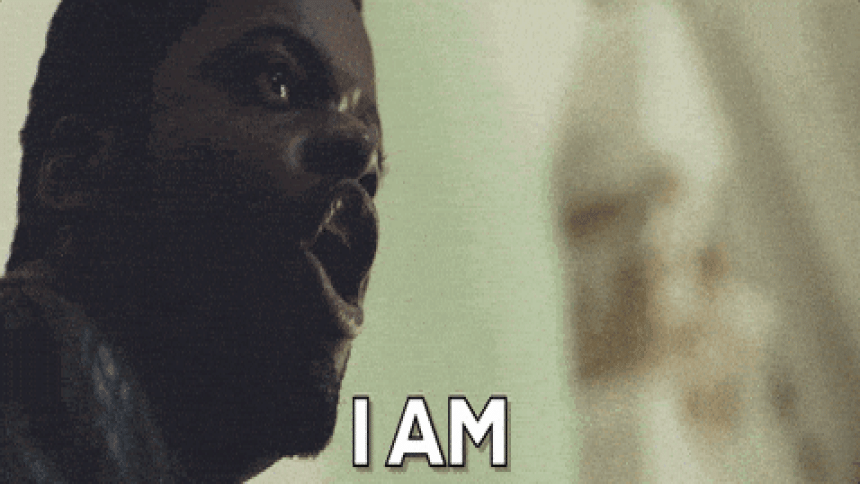Judas and the Black Messiah: Trust No One

When the trailer for Judas and the Black Messiah was released last year, I was riveted yet sceptical. The doubt arose from my cynical view that a major studio movie about the Black Panther Party would inevitably suffer from negative bias.
Fortunately, I was proven wrong.
Judas and the Black Messiah, directed by Shaka King, is a historical drama that was released in February, starring Daniel Kaluuya (Get Out), Lakeith Stanfield (Sorry to Bother You), and Jesse Plemons (Breaking Bad). The film, based on true events, portrays the infiltration of the Black Panther Party by the FBI, a part of the agency's controversial COINTELPRO project.
Bill O'Neal, played by Stanfield, is hired by the FBI as an informant to gather intelligence on Fred Hampton (Kaluuya), the leader of the Illinois chapter of the Black Panther Party. O' Neal, who is arrested for stealing cars and impersonating an FBI agent, reluctantly agrees to infiltrate the party in lieu of serving a lengthy prison sentence. What follows is O'Neal's struggle to keep his act up while being increasingly drawn to the party's politics and the charismatic Fred Hampton. The film also sheds light on Hampton himself, a captivating orator dedicated to uprooting the systemic oppression of not only his own race, but the entire proletariat. While he attempts to garner wider support for the Black Panther Party with the Rainbow Coalition and the Free Breakfast for Children Program, Hampton and his fellow comrades are routinely abused by the state in various forms, aided by O'Neal's espionage.

The greatest strength of the film lies in its acting. Both Kaluuya and Stanfield's stellar performances were nominated in this year's Academy Awards for Best Supporting Actor, with Kaluuya bagging the Oscar. In hindsight, I shouldn't be surprised because the Oscars have a preference for awarding actors who impersonate real people. Nevertheless, Kaluuya's metamorphosis into Fred Hampton was amazing to watch. Lakeith Stanfield was marvellous in portraying the transformation of O'Neal's character arc, from being ambivalent towards the civil rights movement to his increasing agitation and remorse as he gets more involved in the conspiracy. An honourable mention goes to Jesse Plemons who plays Roy Mitchell, the seemingly friendly yet calculating FBI agent in charge of O'Neal.
As mentioned before, the portrayal of the Black Panther Party in Judas and the Black Messiah is different from similar references in other mainstream Hollywood movies, Forrest Gump for instance. By centering the story on Fred Hampton and Bill O'Neal instead of the FBI agents involved in the investigation, it is evident that the director's sympathy lies with the Black Panther Party and their cause, thus providing a refreshing narrative other than the negative image they have been associated with in the past years. This re-evaluation of the Black Panther Party makes the film very relevant today given the resurgence of the Black Lives Matter movement last year, as a result of which the BPP's legacy returned to the spotlight.
As for possible faults, I believe the process of O'Neal gaining Hampton's confidence — enough to be included in the latter's inner circle — should have been explored in more depth. Other than this, the movie is a timely drama with first-class acting.

 For all latest news, follow The Daily Star's Google News channel.
For all latest news, follow The Daily Star's Google News channel. 



Comments